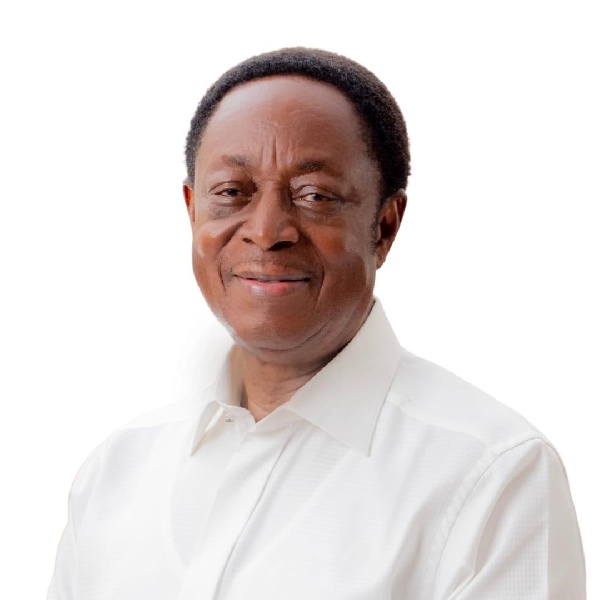
Ghana’s parliamentary minority has vowed to challenge Attorney General Dr. Dominic Ayine in court over his decision to halt the criminal prosecution of Dr. Kwabena Duffuor, the founder of the defunct uniBank, in a case involving more than GH¢663 million.
Dr. Ayine announced last week that the state had recovered 60% of the funds linked to the case and argued that pursuing the matter further was “no longer in the public interest.” The charges, which stemmed from Ghana’s financial sector cleanup, included allegations of theft and money laundering before uniBank’s collapse.
The decision has triggered a sharp backlash from opposition lawmakers, who accuse the government of undermining justice and shielding politically connected individuals from accountability.
Addressing reporters in Parliament, Kwame Anyimadu, Ranking Member on Constitutional and Legal Affairs, demanded transparency and accountability from the Attorney General.
“We are calling on the Parliament of Ghana, particularly the Select Committee on Constitutional, Legal, and Parliamentary Affairs, to summon the Attorney General to publicly answer for this decision,” Mr. Anyimadu said.
He further urged the General Legal Council and the Ghana Bar Association to investigate what he described as potential breaches of legal and ethical standards by Dr. Ayine.
“All patriotic Ghanaians must stand up against what appears to be the erosion of justice and the dangerous politicisation of the prosecutorial process,” he added.
Mr. Anyimadu warned that the Minority would seek judicial intervention if the decision remains in place.
“Let this press conference also serve as formal notice to the Attorney General, Dr. Dominic Ayine, that if his decision is not reversed, the Minority will consider its options, including legal action to challenge the decision in its entirety,” he stated.
He concluded by stressing the need to uphold public confidence in the judiciary.
“Justice must not only be done, but it must be manifestly seen to be done,” Mr. Anyimadu said. “For the Minority, this is not just about one case; it is about safeguarding the rule of law and ensuring that justice is neither selective nor compromised.”



